Iceland has removed palm oil from across its baked goods range as part of a pledge to end the use of the controversial ingredient in all its own-label food by the end of 2018.
The frozen food retailer has already redeveloped bakery lines including cakes, loaves, jam tarts, flatbreads and tortillas, as well as Christmas products such as cakes and mince pies.
Inexpensive and easily mass-produced, palm oil is found in half of all supermarket products, and is prevalent in packaged baked goods, said the retailer. However, in Indonesia and Malaysia — where 90% of the world’s palm oil is produced — growing demand has driven concerns over deforestation, child labour, declines in animal populations and climate change.
Because it stays semi-solid at room temperature, palm oil is easy to bake with. It has a 50-50 composition of saturated and unsaturated fatty acids, which is unique to palm oil and butter, and imparts a creamy taste and texture.
Palm oil is a popular choice in ‘healthy’ or vegan margarines, as it’s free of trans fat and dairy. It is also used in doughs (such as in pizza) to stop the structure sticking together, and blended with other oils to make shortening — suitable for short pastry and biscuits — as well as in ‘bakers whipping cream’ to make a more stable, stand-up cream.
Alternatives to palm oil include sunflower oil, rapeseed oil and butter, said Iceland.
“We have worked closely with our suppliers to find alternative solutions by redeveloping recipes and looking at process changes,” said Neil Nugent, head chef, Iceland. “These vary depending on individual product requirements, meaning that there are a mix of oils and fats involved.”
%%Quote_23%%
Nugent added that the most important consideration had been ensuring product quality was maintained.
“We won’t compromise on taste or texture and have tested the new palm oil-free recipes with consumers who agree that there is no difference in quality,” he said.
Iceland is currently working on a ‘No Palm Oil’ Christmas, with mince pies proving particularly tricky.
“Creating palm oil free mince pies has been a challenge in terms of replacing the suet in the mince meat which is palm oil based,” said Nugent. “We have done this using rapeseed oil and rice flour.”
Although Iceland has pledged to remove palm oil from all own-label goods, there are currently no plans to remove branded goods that contain palm oil from its shelves, such as certain Mr Kipling or Warburtons lines.
However, the retailer said it is “speaking to all branded suppliers and encouraging them to look carefully at the issues”.
Iceland is the first major retailer to make such a move regarding its own-label range, although supermarkets including Morrisons, Sainsbury’s and Marks & Spencer are members of the Roundtable on Sustainable Oils (RSO), and have pledged to buy only sustainable palm oil.
%%Quote_24%%
But Iceland managing director Richard Walker said: “We don’t believe there is such a thing as guaranteed ‘sustainable’ palm oil available in the mass market, so we are giving consumers a choice to say no to palm for the first time.”
“Until Iceland can guarantee palm oil is not causing rainforest destruction, we are simply saying ‘no to palm oil’.
Iceland said it was made aware of the issues governing palm oil production by campaigners from Greenpeace.
Walker took a trip to Indonesia earlier this year where he saw “the environmental devastation caused by expanding palm oil production first hand.” Iceland’s removal of the ingredient from its own-label lines will cut down on 500 tonnes a year of palm oil production.
According to the WWF, an area of forest equivalent to the size of 146 football fields is cleared every hour in Indonesia to make way for plantations producing palm oil — an industry estimated to be worth over $44 billion. Palm oil production is expected to double by 2020.
John Sauven, executive director of Greenpeace UK said: “Iceland has concluded that removing palm oil is the only way it can offer its customers a guarantee that its products do not contain palm oil from forest destruction. This decision is a direct response to the palm oil industry’s failure to clean up its act.
“As global temperatures rise from burning forests, and populations of endangered species continue to dwindle, companies using agricultural commodities like palm oil will come under increasing pressure to clean up their supply chains.
“Time is running out not just for these household brands but for the wildlife, the climate and everyone who depends on healthy forests for their survival.”
Video: Iceland head chef Neil Nugent on developing palm oil-free mince pie
How palm oil is labelled
There are numerous words for the different forms of palm oil. Most commonly, it is labelled under pseudonym ‘palmate’, or can be used as a derivative for other compounds like ‘sodium lauryl sulphate’.
Terms used include: Vegetable Oil, Vegetable Fat, Palm Kernel, Palm Kernel Oil, Palm Fruit Oil, Palmate, Palmitate, Palmolein, Glyceryl, Stearate, Stearic Acid, Elaeis Guineensis, Palmitic Acid, Palm Stearine, Palmitoyl Oxostearamide, Palmitoyl Tetrapeptide-3, Sodium Laureth Sulfate, Sodium Lauryl Sulfate, Sodium Kernelate, Sodium Palm Kernelate, Sodium Lauryl Lactylate/Sulphate, Hyrated Palm Glycerides, Etyl Palmitate, Octyl Palmitate, Palmityl Alcohol






















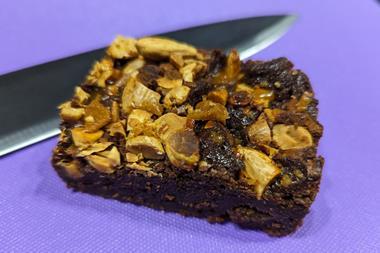
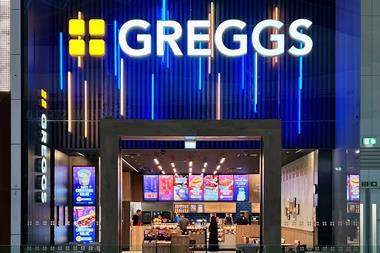
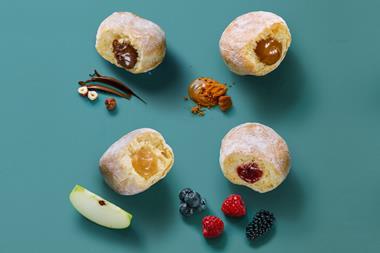
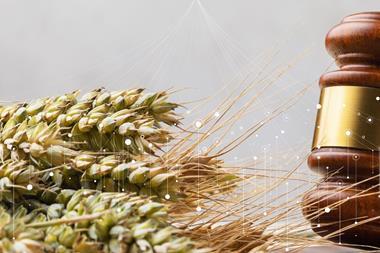
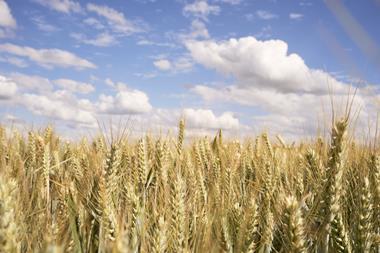
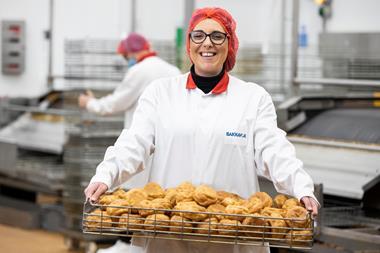
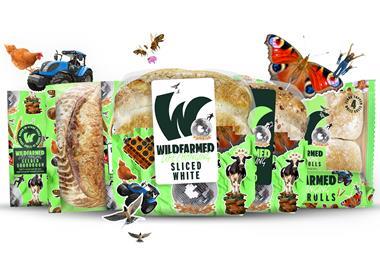
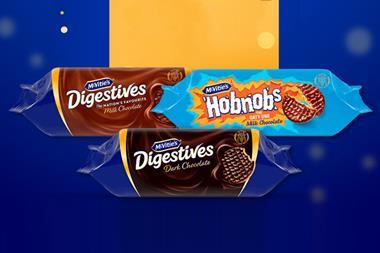
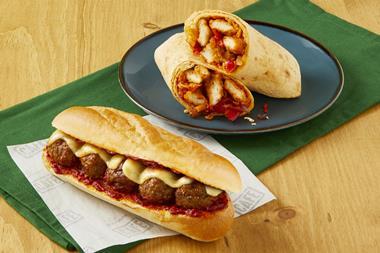
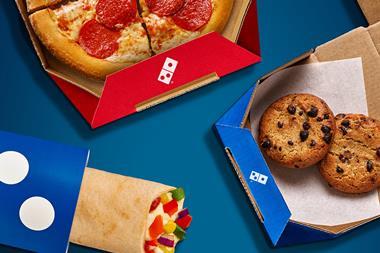
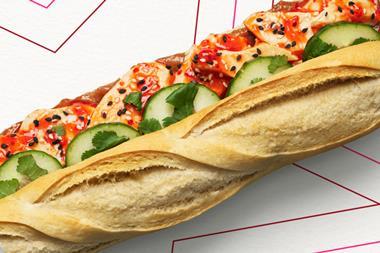
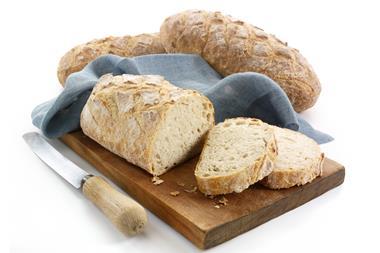

No comments yet